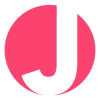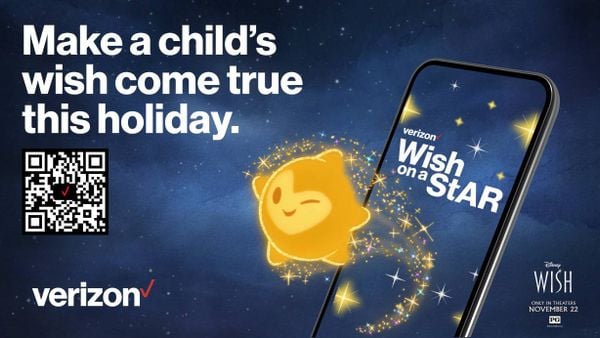Dive Brief:
- Facebook is rolling out updates to the Facebook Audience Network (FAN) that will stop delivering ad placements that encourage unintentional clicks in a bid to improve the user experience and the value of advertisers' campaigns, the company said in a blog post. The move affects mobile advertisements, in particular, including what Ad Age described as "fat finger" ads such as games that feature a tappable element the user accidentally clicks, which then leads to a pop-up window.
- The platform said it will more closely analyze signals about ad clicks; for example, if someone clicks on an ad and remains on the landing page for less than two seconds, that action will no longer be counted as a click. Facebook will also begin pausing ad placements that exhibit abnormal behavior such as inflated clickthrough rates, with the reasoning being that the ad itself was either poorly or deliberately designed to get unintentional clicks.
- Facebook has also updated its native ad policies to avoid unintentional clicks, including by prohibiting clickable white space on native ads. It's instead requiring users to click on an advertiser asset.
Dive Insight:
As mobile grows to dominate Facebook's business — the channel comprised 87% of its total Q2 ad revenue — the company is attempting to create a less frustrating user experience both on its main platform and through FAN. Interstitial and pop-up mobile ads that are expressly designed to trick the user or manipulate clicks via poor interfaces are spurring the adoption of ad blocking technology, which ultimately hurts publishers far more in the long run than the brief boost in clickthroughs they can provide short-term.
The news is also the latest signal that major digital advertising platforms like Facebook and Google are taking a far more active role in punishing ad formats that are deemed undesirable by users. Google, for its part, plans to introduce a proprietary ad blocker to its Chrome web browser that will target ads deemed unacceptable by standards established by the Coalition for Better Ads, which the Alphabet-owned company is a member of.
For publishers that often derive a significant bulk of their revenue from these types of ads, however annoying, the potential to be punished for serving them might come across as alarming. Google and Facebook are often referred to as a duopoly due to their near-complete dominance over digital advertising, and more stringent policing on their part is cited by some as evidence of an imbalance of power in the online ecosystem.












